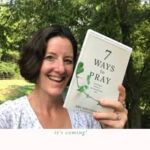Living in Tents by Peter L. Edman
The shock of uprooting and moving and the hidden graces – that’s what Peter Edman so eloquently addresses in his contribution to the “There’s No Place Like Home” series. I’m grateful to hear Peter’s thoughts, not least because they remind me of our many years of working together in the nation’s capital. We were like brother and sister at times, squabbling but with that fraternal love that meant I knew I could call on him when I was stranded at Baltimore airport at midnight and he’d come to rescue me. True friendship to me gives a taste of Home.
One of my acquaintances used to introduce himself to an audience by giving his name and quipping, “I’m from Washington, DC, and I’m here to help you.” He usually got the wry laughter he was expecting. I too used the line over the two-plus decades I made my home in DC and Northern Virginia. Then I was transferred to Philadelphia, and I’ve been a bit wistful at leaving behind that comfortable joke—and a comfortable identity informed by that influential city.
DC is not a homey place, but we found stability and community there. I stayed at the same church and eventually managed to have most of my family close to us. The relocation—four residences and three offices in three years, all three hours farther from grandparents, cousins, and friends—has meant making a new life for myself and my family. It’s meant finding a new home while negotiating pointers, hopes, and compromises. And in a sense, recentering my identity.
The pointers, at least, have been pretty clear. A mandate to move if I was to keep a stable job doing interesting and meaningful work. The discovery of a new church that continues several relationships with our old church. The quick sale of our old house. Creative financing that secured a newly renovated historic house with room for our five children. A new family with kids unexpectedly moving in across the street.
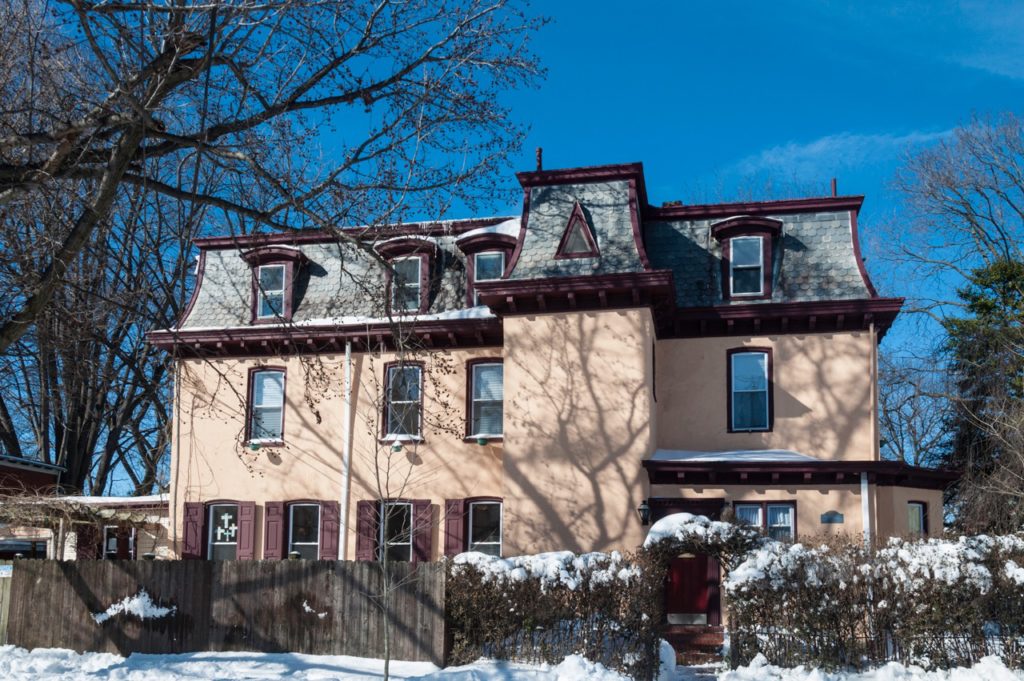
Our new home.
There have been other pointers, even up to this weekend. On Saturday I was preparing for this post and began to think about Hebrews 11. On Sunday it was my turn to read the New Testament lesson at church, and I discovered Hebrews 11 was the assigned passage. “By faith Abraham obeyed the call to leave his home”—in an influential city—“for a land which he was to receive as a possession; he went away without knowing where he was to go” (Hebrews 11:8 REB). I am glimpsing more of its meaning now.
Our hopes have been met in part and redefined in part. We are compromising. After so many years in prosperous suburban settings, we’re still adjusting to the vigilance required in our new, mixed urban neighborhood. We don’t want to afford two cars in the city, but with public transit, my commute is the shortest it’s ever been. Our house renovations were extensive, and we have space for hospitality, but its “architect and builder” (11:10) was not God, and a series of leaks taxes our patience and our budget. We could not afford to live near our new church, but we can host a home group.
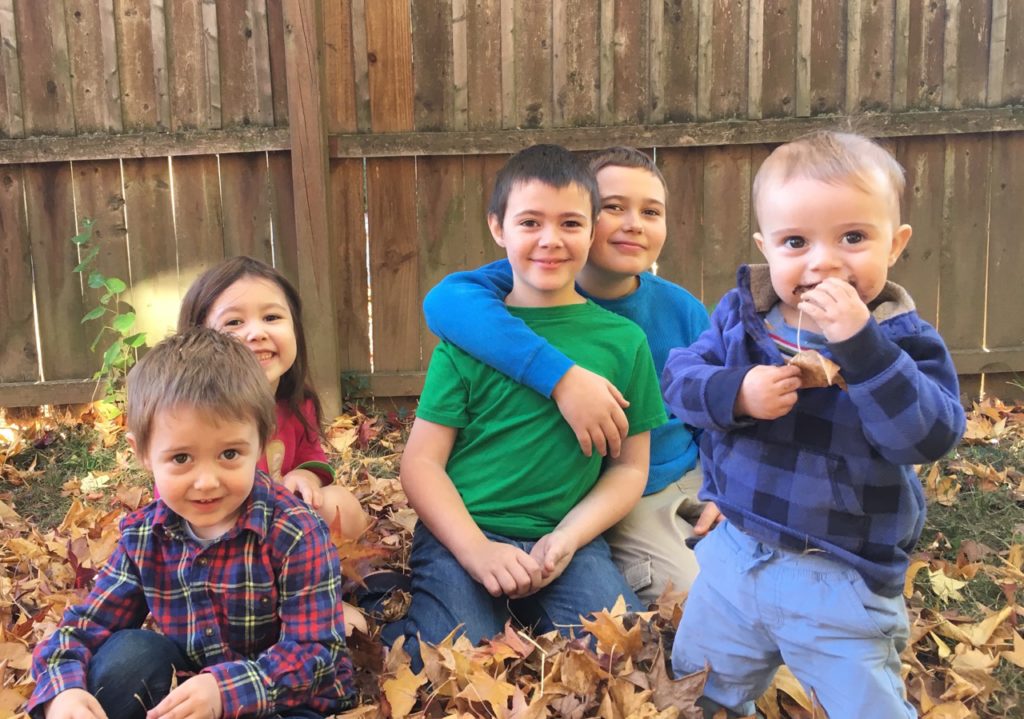
The Edman brood.
For introverts it’s hard to reach out and build new friendships, let alone replace missing support structures, but both are happening slowly. Already we know more neighbors here and have more connection with community groups than we did over our years in Virginia. The lack of pretense and the friendly attitude toward our small children in public spaces are refreshing.
The expectations on us are different too. No one asks me what I “do” anymore. I’m not expected to “help,” just to participate, to be a neighbor.
I am reluctantly seeing value in the compromises. My nature is to treat my home as a safe space, a gated community. But Abraham settled as an alien, not as an insider—“living in tents” along with his children and grandchildren (Hebrews 11:9). You can’t depend on tent fabric to keep your possessions safe, and indeed the writer tells us that Abraham was “looking forward to a city with firm foundations” (11:10), “longing for a better country” (11:16). His identity was not dependent on walls, riches, social standing, or citizenship—and yet he is remembered not only for faith but for exploits of hospitality, generosity, even warfare. God took care of his children. But no one now remembers who was king or top socialite back in his hometown. It’s worth reflection.
 The joys and flaws of my new city and my new house, along with our increasing awareness of our need for help, offer regular reminders that my home, my citizenship, is not finally here. I can live with my family like resident aliens, offering and receiving hospitality, raising my children, serving those around me, and hopefully living as a pointer to the God who, in spite of all appearances, rewards those who seek him (11:6).
The joys and flaws of my new city and my new house, along with our increasing awareness of our need for help, offer regular reminders that my home, my citizenship, is not finally here. I can live with my family like resident aliens, offering and receiving hospitality, raising my children, serving those around me, and hopefully living as a pointer to the God who, in spite of all appearances, rewards those who seek him (11:6).
My name is Peter. I’m not here to help you. But perhaps I can remind you to long for a better country.
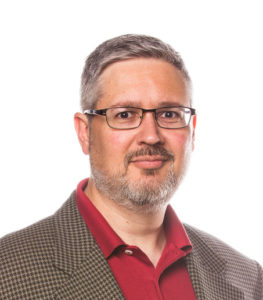 Peter Edman, an editor, is a quality assurance manager with American Bible Society, where he also manages the product line for trauma healing programs now active for adults and children in more than 80 countries and 150 languages worldwide. He lives with his wife and five children in the Germantown neighborhood of Philadelphia. You can reach him at @pledman.
Peter Edman, an editor, is a quality assurance manager with American Bible Society, where he also manages the product line for trauma healing programs now active for adults and children in more than 80 countries and 150 languages worldwide. He lives with his wife and five children in the Germantown neighborhood of Philadelphia. You can reach him at @pledman.







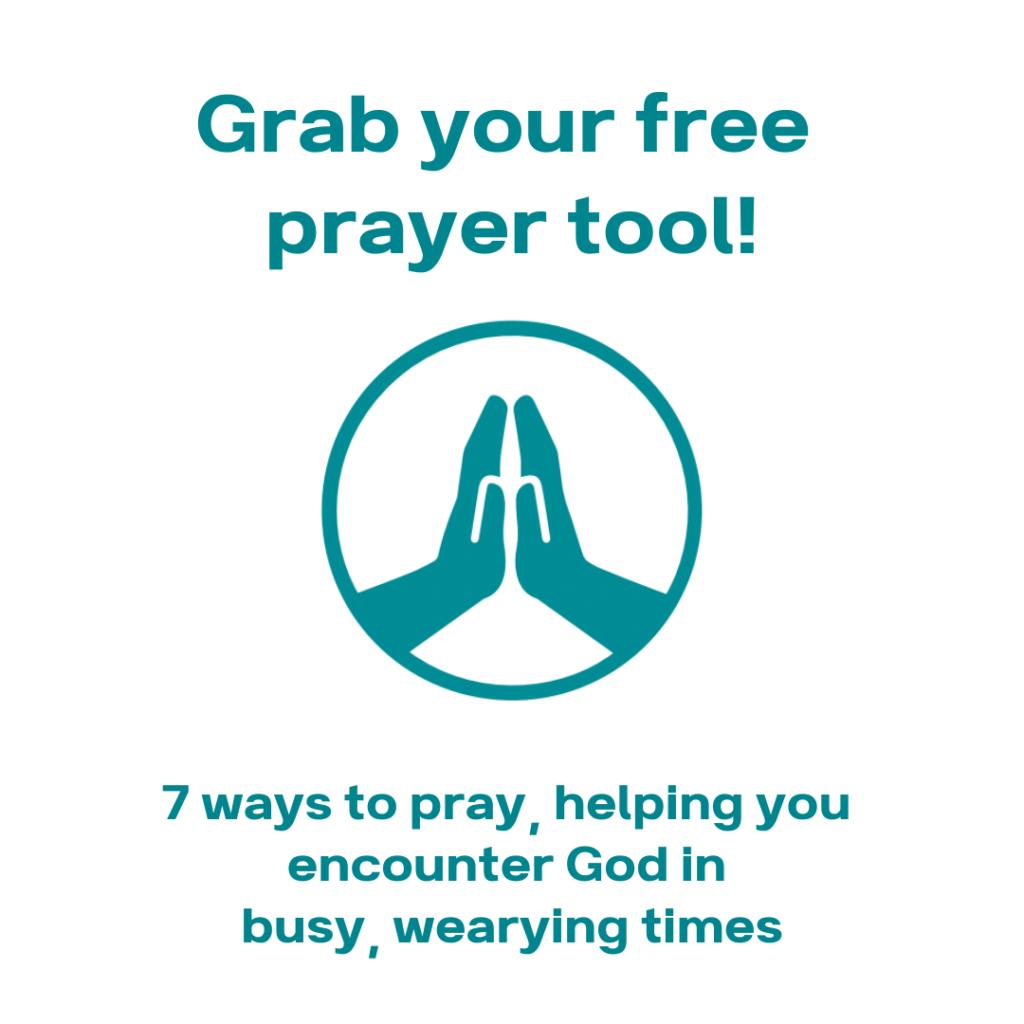
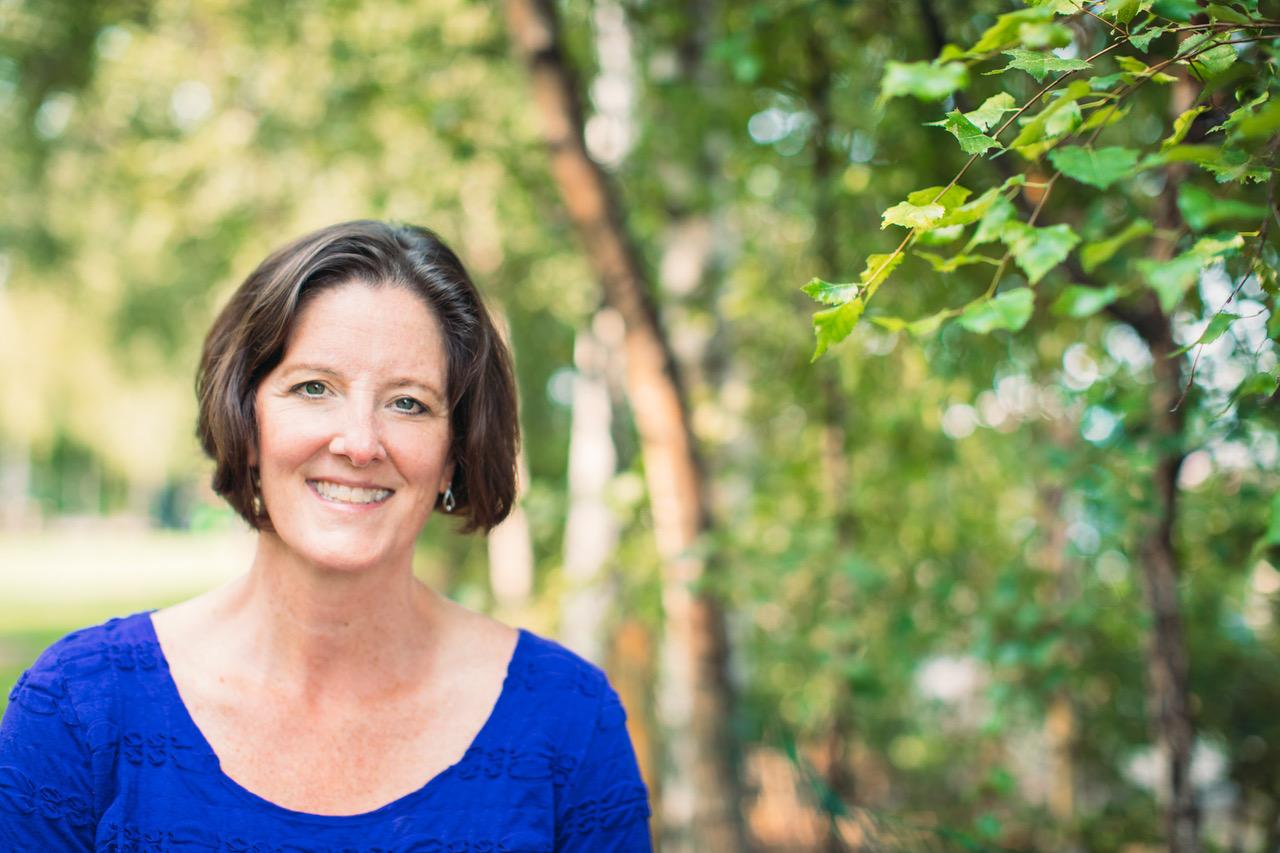 Hello!
Hello! 